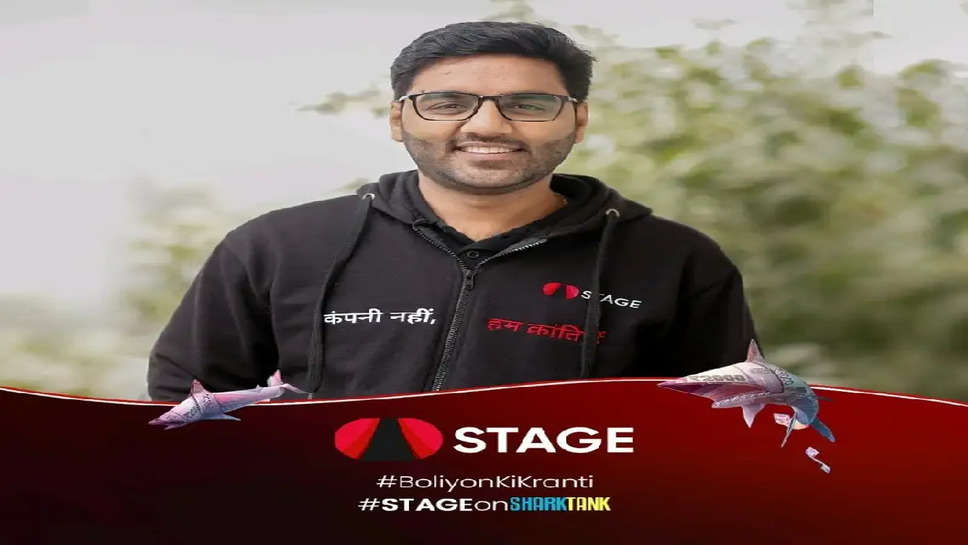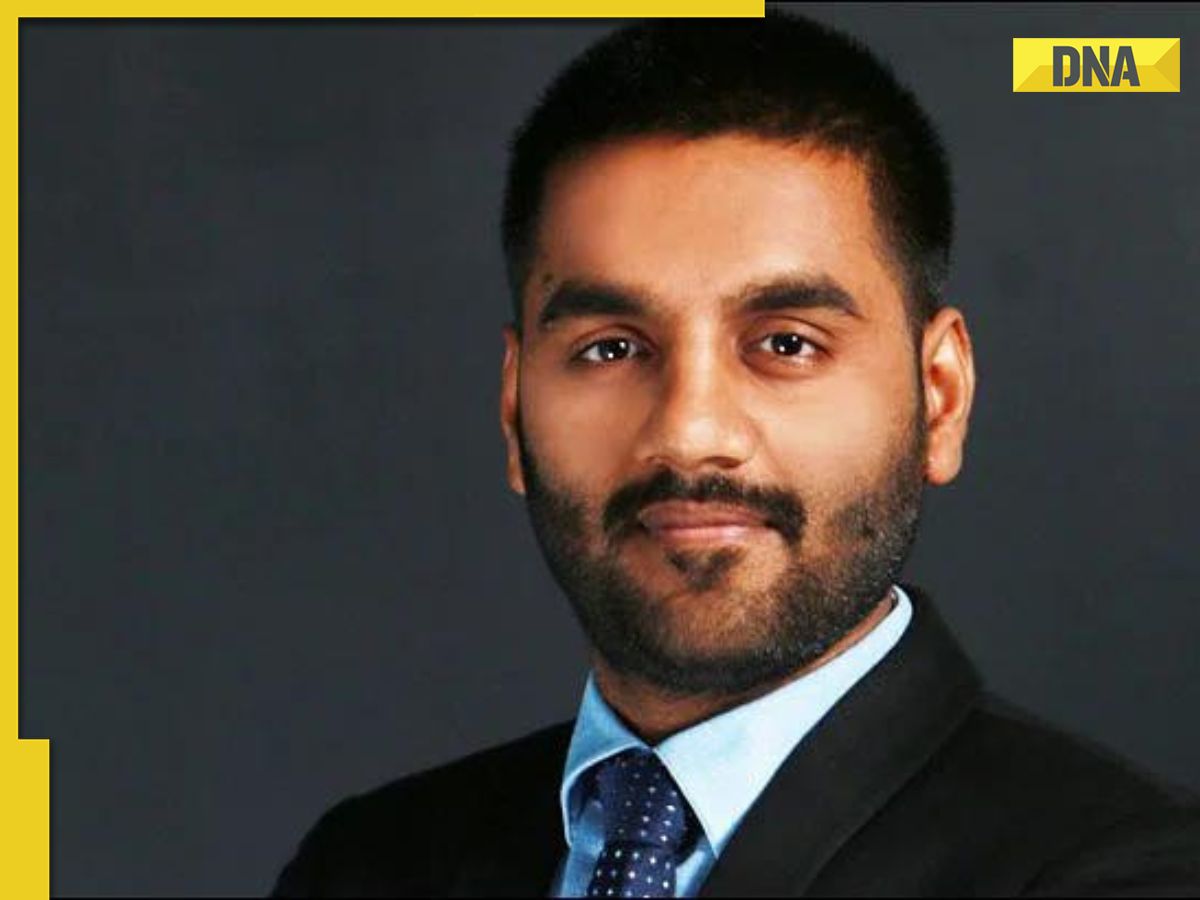STAGE OTT Platform Founder Vinay Singhal Journey

WIKI/BIO
Having overcome the loss of his company WittyFeed, Vinay Singhal is the epitome of an entrepreneur. He went on to start STAGE, an Indian media company designed specifically for Indian dialects.
Vinay's Journey
Vinay made the decision to drastically alter his path in life after earning a B.Tech in computer science from the SRM University of Chennai. He founded BadlegaBharat.com, an online youth awareness organization, in 2010, his first year of college. It held both online and offline meetings for social awareness and issues.
In 2012, he started new businesses including FollowMe247, which sought to close the communication gap between students and teachers and enable instruction for those without a phone connection to the internet.
And at that moment, he didn't think it was all that implausible that he would change the nation and the world. In the end, this made him a co-founder of WittyFeed, an online media and content business that functions somewhat like BuzzFeed in India.

From WittyFeed to STAGE
Before WittyFeed was officially launched in 2014, Vinay and his two other co-founders, Shashank Vaishnav and Parveen Singhal, had been developing it for years. After six years of many sleepless nights and four failed products, WittyFeed emerged as one of the fastest-growing firms. They had designed it to be their entire identity.
It achieved success in 2016 with over 120 million unique visitors and 420 million website visits. They were at the height of their success, expected to raise a Series A, and generated the most income in November 2018. There will inevitably be the lowest of lows after experiencing the greatest of highs.
He and his co-founders discovered the company had vanished on November 26, 2018, and it all came to an abrupt end when Facebook abruptly stopped hosting their website. "One fine day we woke up, and the company didn't exist," he said, to quote exactly.
)
The Start of Stage
Imagine waking up to find that years of hardship had been erased—all without your fault. They were in danger of running out of money by February 2019. In order to create content that makes sense to Indians, Vinay and his co-founders founded STAGE.in in 2019 following months of denial and with the generous assistance of 54 WittyFeed staff members.
Vinay remarks, "As a founder, you can't believe that this is the end of your story; there's more to it." "The thing was losing my identity itself, more than the firm. A common error made by entrepreneurs is to become so engrossed in their business that it becomes difficult to set themselves apart.
What makes STAGE so special?
India, a nation with countless dialects and diversity, merits its own forum for individual expression. The first notable aspect of STAGE is its meticulous examination of the several Indian dialects spoken throughout India. By making every effort to eliminate linguistic barriers among Indians, STAGE fosters inclusion.
According to Vinay, language is an urban concept in India. Everyone speaks a dialect and nobody speaks a language until you leave urban areas. Bringing attention to this particular point, STAGE became the first OTT platform that specialized in Indian dialects. Art has always been about communication and expression, after all.
Vinay observed that the people of Haryana were having difficulty locating a STAGE and lacked a recognized film producing house. Thanks to STAGE's funding and mentoring, these gifted local artists are now working with STAGE to create their own web series.
You won't believe it, but there is a significant amount of reverse migration taking place. People who were having difficulty finding work in Bombay are returning to Haryana under similar circumstances. With more than 25 production companies and a thriving entertainment sector, Haryana produces more than 20–25 unique works annually.
Now that Vinay and his co-founders have presented STAGE to the world through Shark Tank India and won the trust of the Sharks with their amazing narrative, they have returned home with investment from Peyush Bansal, Aman Gupta, and Namita Thapar. Furthermore, in a recent Series



